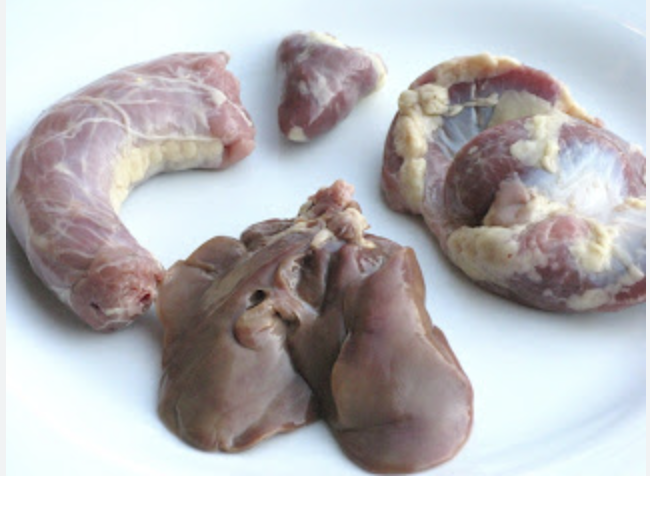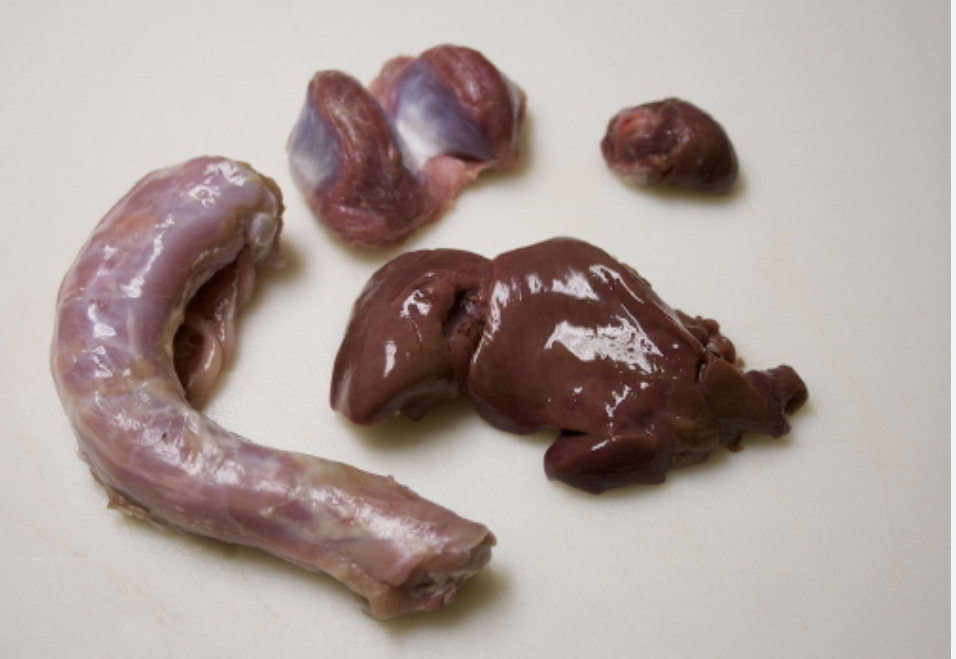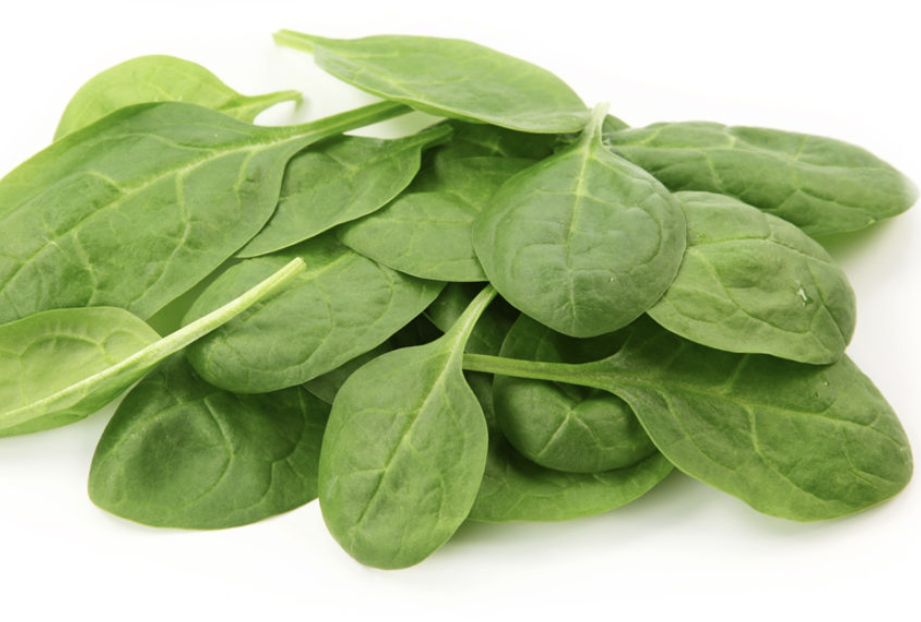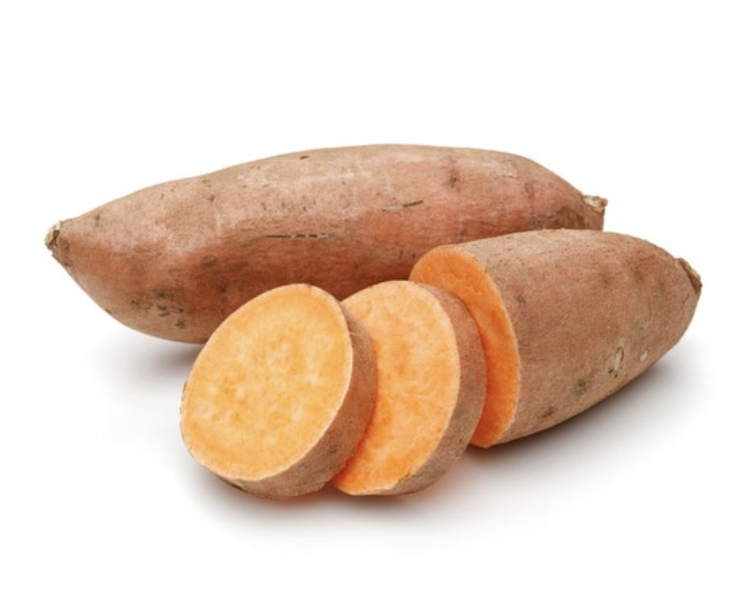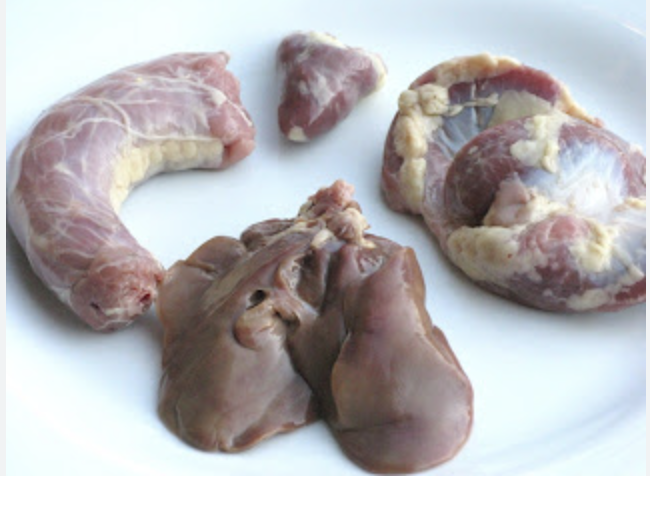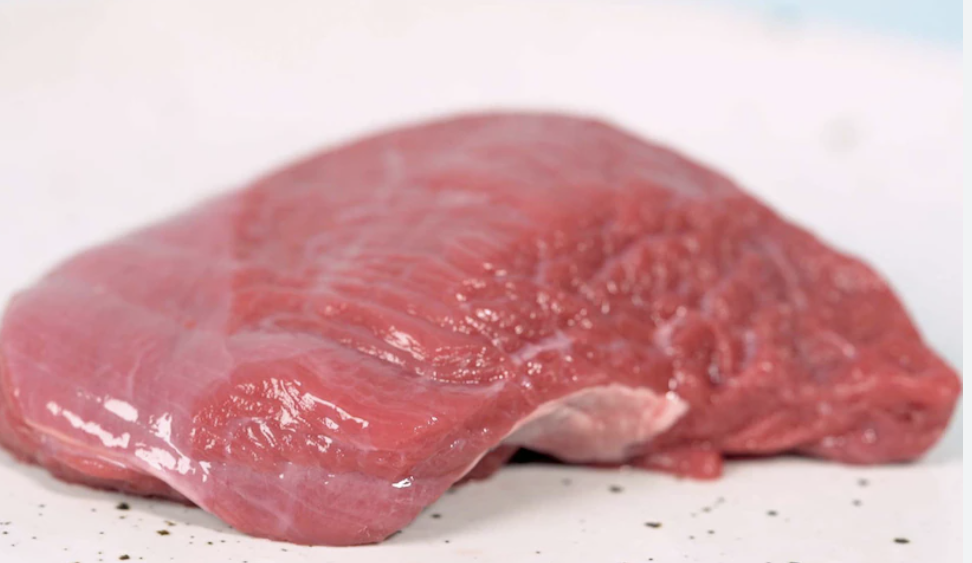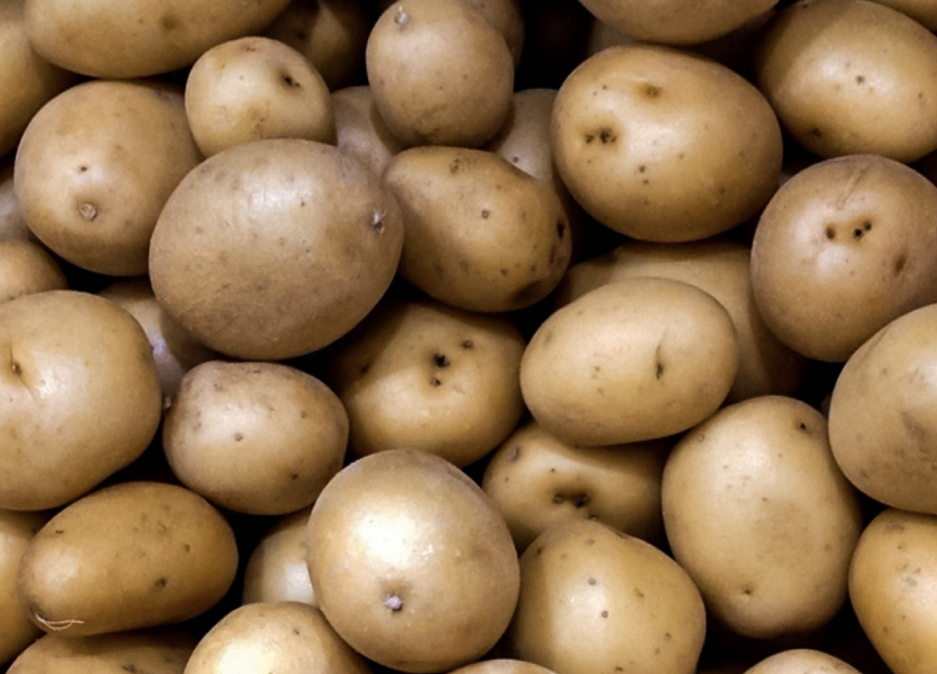Kangaroo meat is lean, clean and healthy. We source our meat from local Victorian farms.
As each meal is individually customised for needs of your fur baby, it is not possible to provide a comprehensive generic nutrition analysis of each product.
So instead, we evaluated nutrition information of ingredients and made it available for you here.
Below table provides a nutrition summary of a Kangaroo meal made for healthy adult dog with 70% meat, 15% vegetables and 15% carbohydrates.
| Ingredients | Fat (g) | Protein (g) | Carbhydrates (g) | Calories (kcal) | Qty (g) /per 100g |
|---|---|---|---|---|---|
| Meat | |||||
| Kangaroo mince | 8.1 | 17.4 | 0 | 143 | 40 |
| lamb liver | 5 | 20.4 | 1.8 | 139 | 20 |
| Chicken Organs (liver, necks, hearts, giblets, wing tips) | 13.7 | 16.5 | 0.3 | 195 | 10 |
| total (meats) | 26.8 | 54.3 | 2.1 | 477 | 70 |
| Vegetables | |||||
| Sweet potatoes | 0.1 | 1.6 | 20.1 | 86 | 3 |
| Potatoes | 0.1 | 2.1 | 17.5 | 77 | 3 |
| Frozen vegies | 0.4 | 2.4 | 7.3 | 49 | 7 |
| Spinach | 0.4 | 2.9 | 3.6 | 23 | 2 |
| total (vegetables) | 1 | 9 | 48.5 | 235 | 15 |
| Brown rice | 2.7 | 7.5 | 76.2 | 362 | 15 |
| per 100g |
Table below summarises Nutritional Analysis of Kangaroo recipe on per 100g basis.
| Fat | 19g |
|---|---|
| Protein | 40g |
| Carbohydrates | 20g |
| Energy | 423kcal |
Kangaroo meat
Kangaroo meat is an increasingly popular protein source for dogs, and it offers several benefits due to its unique nutritional profile. Here are some of the key advantages:
Lean Protein
Kangaroo meat is very lean, with low fat content compared to other meats. This makes it a good option for:
- Weight Management: Helps maintain a healthy weight or assist in weight loss if needed.
- Digestive Health: Easier to digest and less likely to contribute to gastrointestinal issues.
High-Quality Protein
Kangaroo meat provides high-quality protein that is essential for:
- Muscle Development: Supports muscle growth and maintenance.
- Tissue Repair: Aids in the repair and maintenance of body tissues.
- Overall Health: Provides the amino acids necessary for various bodily functions.
Rich in Nutrients
Kangaroo meat contains essential vitamins and minerals, including:
- B Vitamins: Such as B12 and niacin, which support energy metabolism, red blood cell production, and overall health.
- Iron: Important for the production of hemoglobin and preventing anemia.
- Zinc: Supports immune function and skin health.
Hypoallergenic
Kangaroo meat is less commonly used in commercial pet foods compared to more common meats like chicken or beef. As a result it can be a good alternative for dogs with food allergies or sensitivities to more common protein sources.
Omega-3 Fatty Acids
Kangaroo meat has a favourable fatty acid profile, including omega-3 fatty acids, which are beneficial for:
- Skin and Coat Health: Promotes a healthy, shiny coat and reduces itching.
- Inflammation: Helps reduce inflammation and supports joint health.
Low Risk of Contaminants
Kangaroos are wild animals and are less likely to be exposed to antibiotics or hormones compared to domesticated livestock. This can potentially reduce the risk of these substances entering your dog’s diet.
Lamb liver
Lamb liver can be a nutritious addition to your dog’s diet, providing several health benefits due to its rich nutrient profile. Here are the key advantages of including lamb liver in your dog’s diet:
High in Nutrients
Lamb liver is packed with essential vitamins and minerals:
- Vitamin A: Supports vision, skin health, and immune function. Vitamin A also plays a role in cell growth and reproduction.
- B Vitamins: Includes B12, riboflavin, and folate, which are important for energy metabolism, red blood cell formation, and overall cellular function.
- Iron: Essential for the production of hemoglobin and prevention of anemia. Iron supports oxygen transport in the blood.
- Copper: Works with iron to form red blood cells and supports immune health and energy production.
High-Quality Protein
Lamb liver provides high-quality protein that is beneficial for:
- Muscle Maintenance: Supports muscle growth and repair.
- Tissue Repair: Aids in the healing and maintenance of tissues.
- Overall Health: Provides essential amino acids for various bodily functions.
Rich in Essential Minerals
In addition to iron and copper, lamb liver contains other important minerals:
- Phosphorus: Supports bone health and energy metabolism.
- Zinc: Important for immune function, skin health, and wound healing.
Digestibility
Lamb liver is generally easy for dogs to digest, making it a good choice for dogs with sensitive stomachs.
Palatability
Many dogs find lamb liver highly palatable, which can be helpful for encouraging picky eaters or adding variety to their diet.

